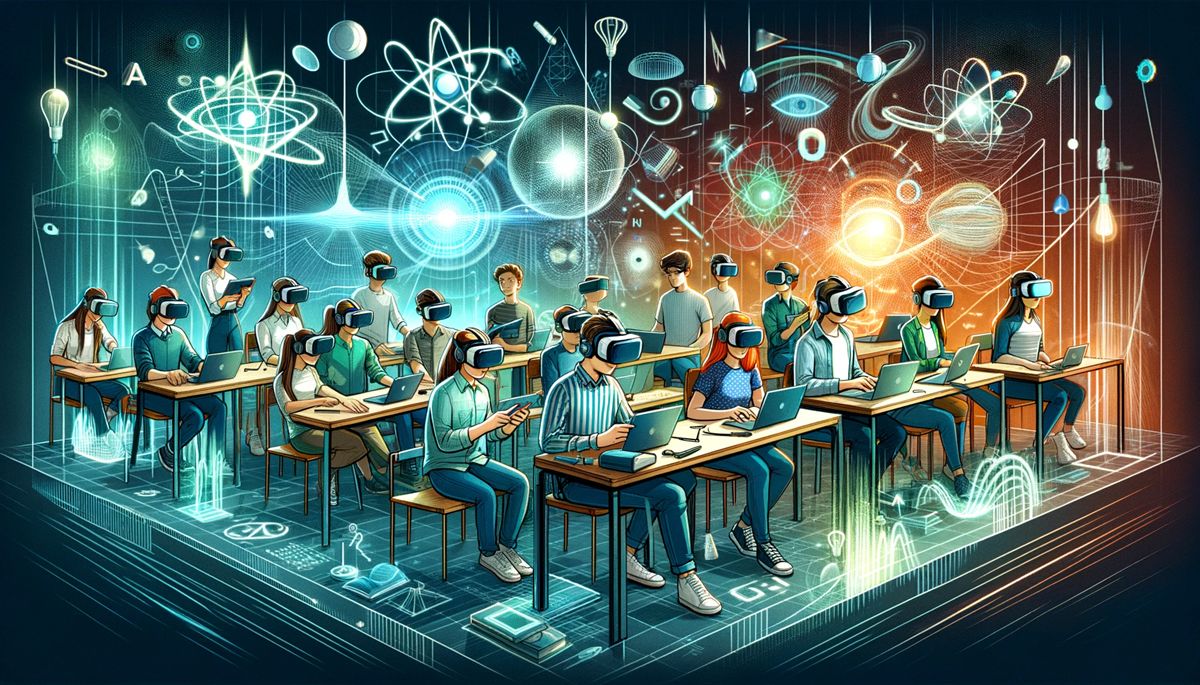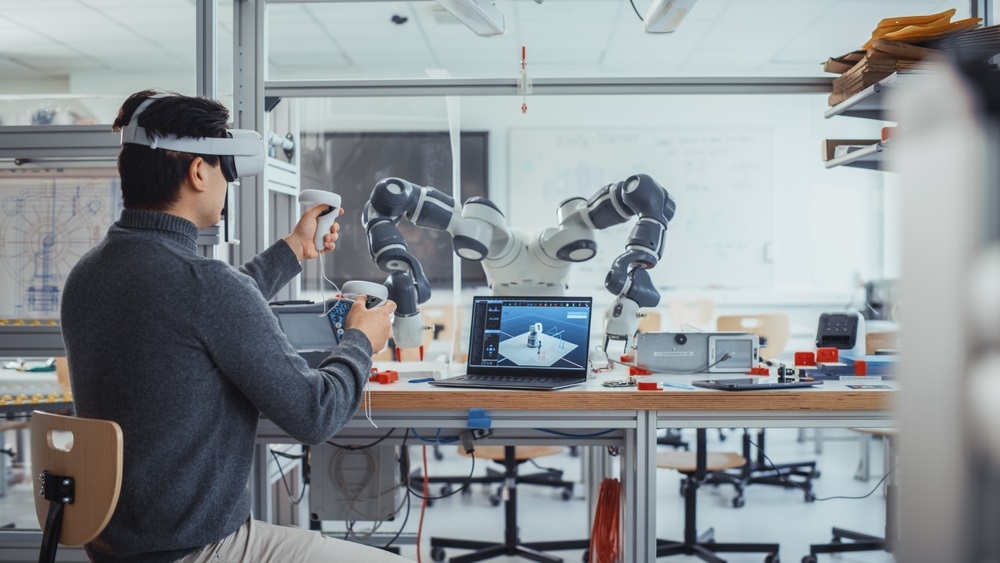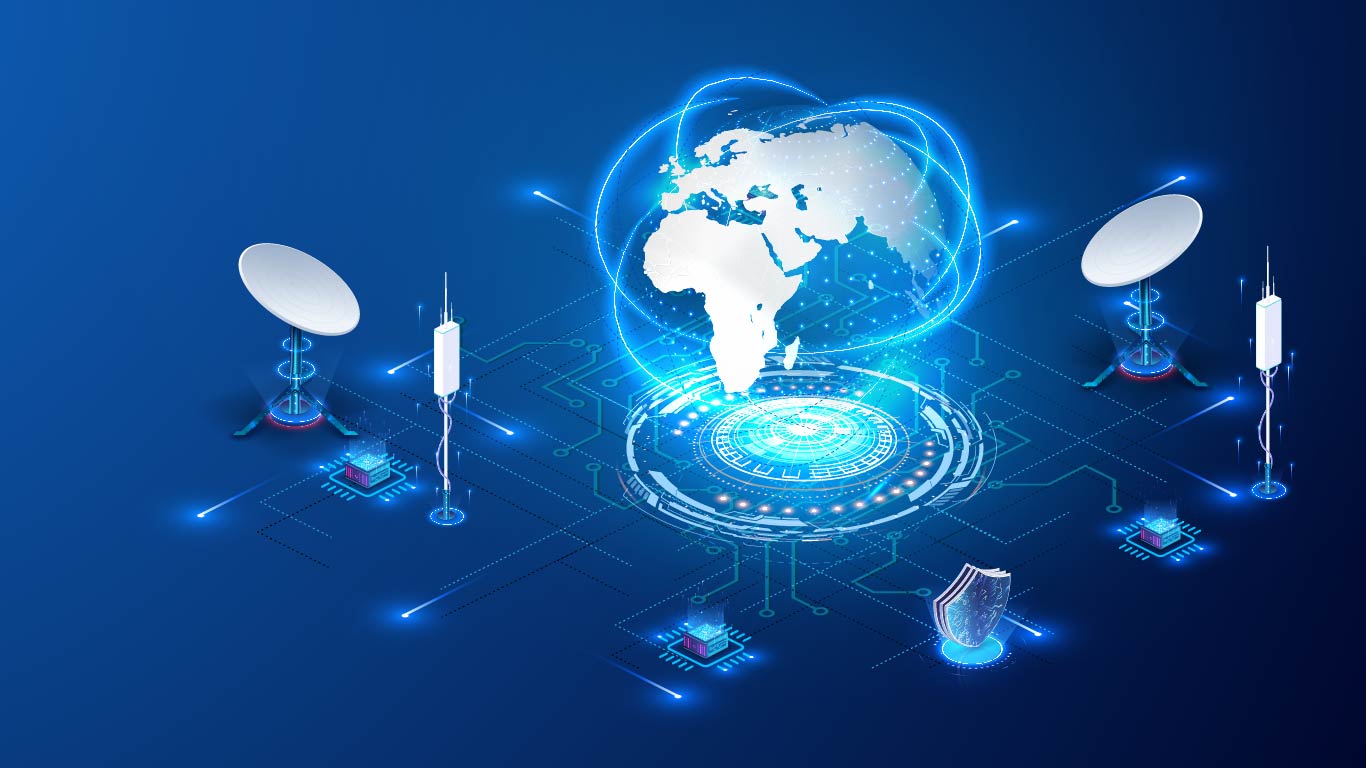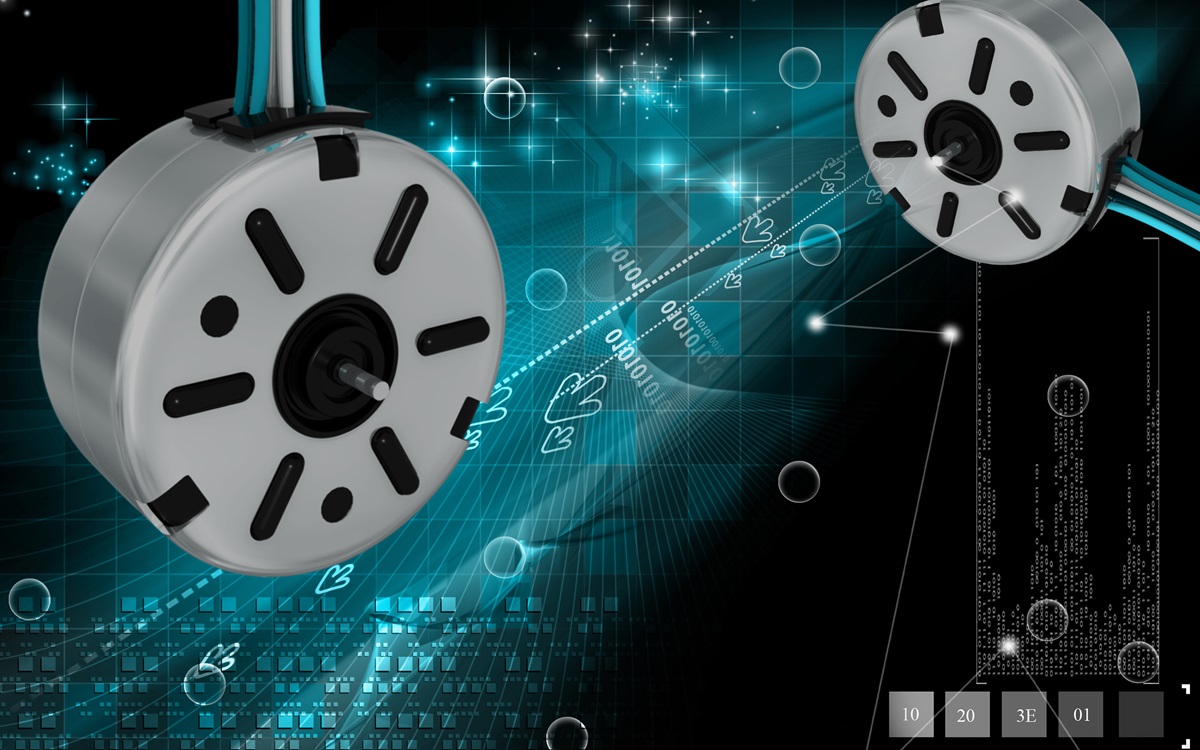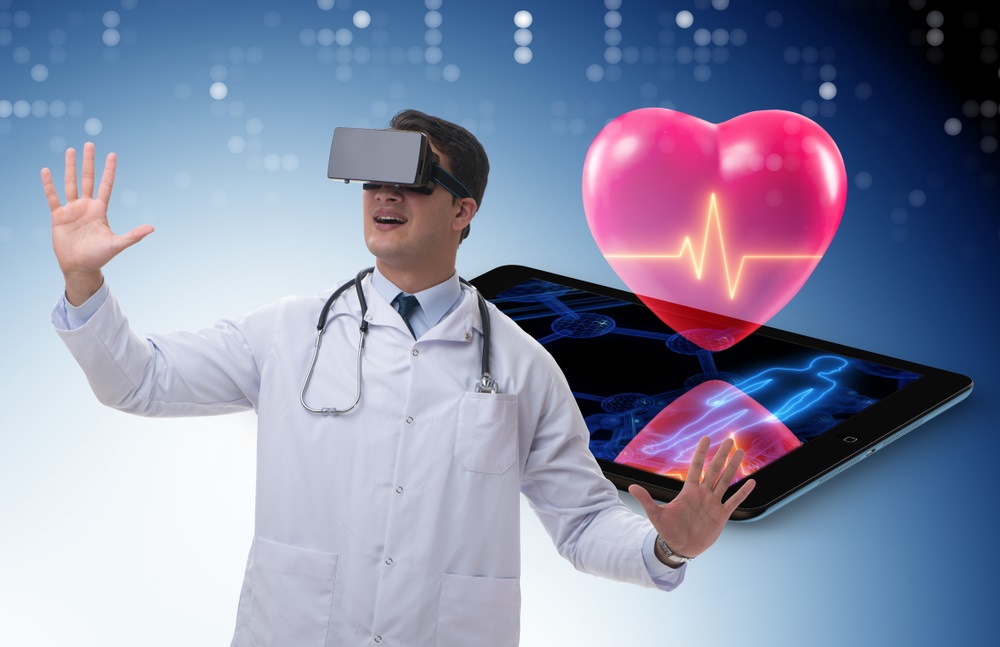Experiential Learning: Why it is Important for Higher Education?
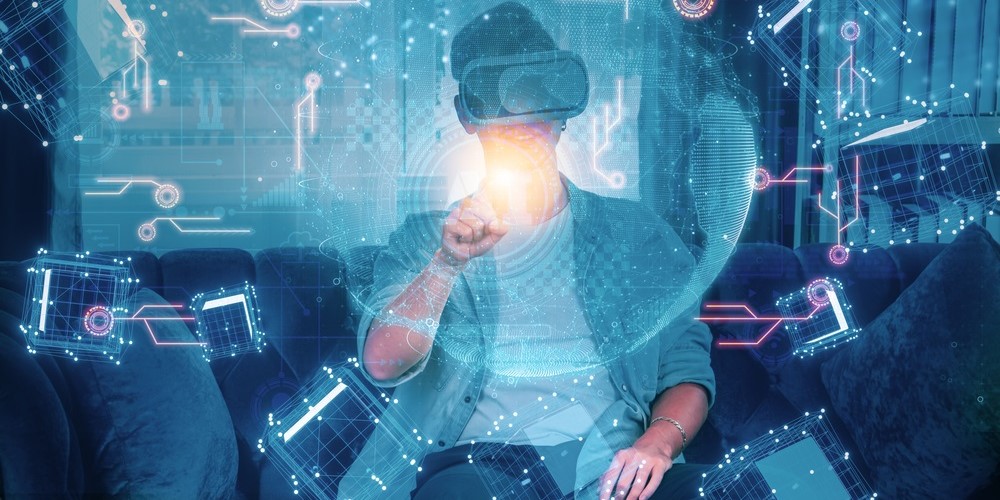
Traditional learning landscape often fails to meet the increasing demands of students in this modern technological era.
In contrast to this, experiential learning has evolved as an innovative and dynamic concept that keeps students at the center of the learning process.
Traditional education relied heavily on lectures and textbooks, but experiential learning redefines the learning process.
In this blog, we will explore how experiential learning works, its key components, and why it's crucial in today's educational landscape. So, let’s begin.
What is Experiential Learning?
Experiential Learning, an innovative technological concept in education, places students at the center of the learning process. This means they are no longer passive recipients of information, instead, they are transformed into active participants in their own learning system.
It was a thing of the past that students had to rely on lectures and textbooks to gain knowledge.
Today, with experiential learning students are encouraged to engage with the material in a manner that is both memorable and meaningful.
The experiential learning approach supports the principle that true understanding is not just about learning and memorizing concepts, facts, and figures.
Still, it is also about understanding those concepts and their practical applications. It provides students with a platform where they can have hands-on experiences which allows them to bridge the gap between theory and practice.
But how does experiential learning Work?
Experiential learning involves the following key components that affect education-
✔️ Engagement
Be it learning in a virtual science lab or visiting a historical museum, students can participate actively in an engaging learning environment which includes conducting experiments, viewing 3D simulations, performing internships, or doing fieldwork.
✔️ Reflection
After gaining the experiences, students should reflect on all the concepts that they have learned, the challenges they faced while learning, and the skills they have developed.
✔️ Conceptualization
With the help of experiential learning approaches in education, students are able to connect their experiences with theoretical concepts, thus, helping them to gain a deeper understanding of the subject matter.
✔️ Application
The knowledge gained through experiential learning by a student can be applied to new situations, which reinforces the learning process.
Why Experiential Learning is Important?
Let’s understand why experiential learning is important in today’s education system-
When we imagine a classroom, we always think of students sitting in a row of desks with teachers delivering lectures at the front.
But think, is it sufficient to meet the demands of the evolving demands and needs of the educational landscape?
So, what is the solution?
Well, Experiential learning is not only a solution but a necessity. Here are some of the reasons-
✔️ Real-World Relevance
Learning theoretical concepts is of no use if we do not know how to put those concepts into practice.
This is similar to knowing how to assemble a machine but does not know how to start it.
However, with a traditional education setup where students have to learn about the concepts from textbooks, they do not know how to put their textbook knowledge in real-world situations.
This approach can sometimes leave students questioning the real-world relevance of what they're learning.
As a solution to this approach, various institutions have integrated immersive technologies that allow students to learn by doing.
Experiential learning in college serves as an impactful bridge between the acquired theoretical knowledge and its practical applications in the real world.
It addresses the concern head-on and immerses students in a virtual scenario that reflects the opportunities and challenges that these students will face in their future careers.
By providing students with such practical exposure, they are able to gain a clear understanding of how their studies relate to the world outside the classroom.
Thus with experiential learning education is not only becoming relevant to them, but it is also becoming more valuable.
✔️ Skill Development
Does theoretical knowledge develop the skills that are required to handle real-world scenarios?
Definitely NO!
And, this is one of the major drawbacks of the traditional education approach. However, the experiential learning approach to education goes beyond the idea of a mere transmission of knowledge.
Experiential learning with VR for higher education actively cultivates a diverse set of critical skills that are highly crucial in the professional world. It includes problem-solving, teamwork, effective communication, and adaptability.
It offers students the opportunity to tackle real-world challenges and work collaboratively in hands-on projects, which helps in developing the ability to think critically. They can communicate their ideas effectively and adapt the circumstances that are ever-changing.
By gaining these skills, students not only thrive in their future careers but also become well-rounded and competent individuals.
✔️ Retention and Understanding
A lot of students struggle to understand and retain the information being delivered in the traditional classroom setup. This can happen either because of a lack of interactivity during lectures or because of the complexity of the topic.
One of the major advantages of experiential learning by teaching engineering through modern technologies is its impact on knowledge retention and comprehension.
When students actively participate in learning experiences, they tend to remember and understand the material better. This is because experiential learning encourages students to connect theory with practice.
The hands-on nature of these experiences reinforces the learning process, enabling students to internalize and retain information more effectively.
Rather than simply memorizing facts, students gain a deep understanding of the subject matter, which they can carry with them long after their educational journey has ended.
✔️ Motivation
When it comes to experiential learning, engaging students is another important aspect.
When students engage in hands-on activities, in fields like engineering there is a tangible connection between their efforts and real outcomes.
This direct link developed by VR engineering fosters a sense of motivation and enthusiasm for learning among students.
With the use of virtual technology in the classroom, students are more likely to be motivated. When they see the immediate impact of their actions and when they have a personal stake in the outcome, they are highly motivated.
Such a level of motivation not only leads to better academic performance but also develops a lifelong love for learning, as students recognize the inherent rewards of knowledge acquisition and its practical applications.
Experiential Learning in Higher Education
In the higher education domain, the concept of experiential learning has found a natural home.
Experiential learning is being recognized by various colleges and universities as an innovative approach that is useful for preparing students to meet the demands of the modern workforce.
With the integration of experiential learning into their programs, these educational institutions provide students with the opportunity to gain the appropriate skills and knowledge that they require to excel in their respective fields.
In addition to this, the innovative technology of VR in education has changed experiential education. With the use of virtual reality in education, teachers can create immersive, realistic environments that allow students to explore.
Among all the fields of education, engineering education has benefited a lot from experiential learning and modern technologies like virtual reality.
Teaching engineering through experiential education and VR engineering labs allows students to apply theoretical concepts in a controlled yet realistic environment.
This is not only restricted to education and training but with the use of VR in experimental research, budding researchers can boost their problem-solving skills and prepare themselves for the futuristic challenges.
In the current educational landscape, a lot of prominent brands such as Oculus Quest and VIVE have introduced a wide range of virtual reality devices.
However, the question that often arises is how these innovations can be harnessed for educational purposes. Consider, for instance, the case of Apple Vision Pro. Following its release, there was a collective curiosity about how vision pro will impact higher education.
The central query is whether Vision Pro will further enhance the concept of experiential learning in higher education, thereby benefitting both educators and students.
However, with constant innovation, these technologies will only foster the principle of experiential learning.
Conclusion
To conclude, experiential learning has changed the way we used to approach higher education. It provides students with the opportunity to gain hands-on experiences which encourage them to reflect and promote the application of knowledge.
Thus, it helps students to prepare for futuristic success.
So, what is the wait now? It is high time that we get benefits from the experiential learning approach.
